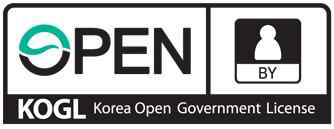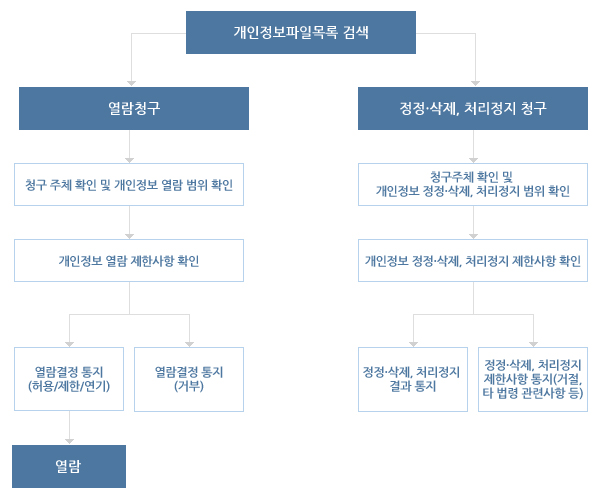Plenary Results
Plenary passes 47 bills including the Virtual Convergence Industry Promotion Act*
- Jul 05, 2024
- 221
Plenary passes 47 bills including the Virtual Convergence Industry Promotion Act*
- Minister of Science and ICT required to establish and implement a basic plan for the virtual convergence industry every
three years; ‘prior permission and post-regulation’ principle applied to technology and service development
- Financial firms permitted to continuously monitor accounts suspected of being used for telecommunications financial
fraud and suspend payments from accounts affected by fraud
- Annual donation limit for individual ‘hometown love donations’ increased from KRW 5 million to KRW 20 million.
- Advanced regenerative medical treatments permitted on a limited basis for serious, rare, and incurable diseases
The National Assembly of the Republic of Korea (Speaker Kim Jin-pyo) passed 47 bills during the second plenary meeting of the 412th extraordinary session held on February 1, 2024. Major bills tabled for consideration are as follow:
<1> Motion to enact the Virtual Convergence Industry Promotion Act*
The approved Act defines the virtual convergence world (metaverse), which connects physical and virtual spaces, and provides the foundation for the industry’s promotion and deregulation.
Under the newly enacted Act, the Minister of Science and ICT shall establish and implement a basic plan for the virtual convergence industry every three years. This plan shall include ▲ policy directions and goals; ▲ establishment of personnel and physical infrastructure such as specialized workforce training and facilities investment; ▲ R&D support and expansion of research outcomes and subsequent commercialization; and ▲ regulatory improvements.
When developing technologies and services relating to virtual convergence, the “permit-first, regulate-later” principle will be applied. However, central and local governments may restrict activities that could significantly disrupt the public order in the process of utilizing the virtual convergence world.
The Minister of Science and ICT may designate an agency to efficiently implement policies to promote the virtual convergence industry, and virtual convergence enterprises may establish associations to promote the use of virtual convergence technology and services and protect users.
For the purpose of protecting users’ rights and interests, the government is obligated to protect children and adolescents from harmful activities and media in the virtual convergence world and to foster and maintain a sound virtual convergence environment.
<2> Amendment to the Special Act on the Prevention of Loss Caused by Telecommunications-based Financial Fraud and Refund for Loss
The approved amendment requires financial companies to continuously monitor accounts suspected of being used for telecommunications-based financial fraud and to suspend payments from fraudulent accounts by sharing information with electronic financial operators.
Specifically, financial companies shall continuously carry out self-inspections such as by verifying transaction details following procedures prescribed by Presidential Decree. When necessary, the companies may take “temporary measures” to delay or suspend transfers, remittances, or withdrawals from accounts suspected of telecommunications-based financial fraud and preserve the records.
When customers apply to open accounts, financial companies can verify the purpose of financial transactions and request supporting documents. If the purpose of the transaction is associated with telecommunications-based financial fraud, they have the right refuse to open the account, close any existing accounts, or limit transfers, remittances, and withdrawals.
Financial companies shall share information about fraudulent and potentially fraudulent accounts with electronic financial operators and take temporary measures or suspend payments when they receive such information.
<3> Amendment to the Hometown Love Donation Act
The amended Act increases the annual donation limit for individual “hometown love donations” from KRW 5 million to KRW 20 million.
‘Hometown love donations’ are funds voluntarily provided or raised by individuals who are not residents of a local government, and acquired through collections, in order for the local government to secure financial resources for use in promoting residents’ welfare and/or other purposes.
Presently, persons making hometown love donations can receive a tax credit during their year-end settlement worth up to 30 percent of their annual donation amount from the local government.
The amendment also changes regulations regarding fundraising methods for hometown love donations to the “negative system” that allows all in principle and prohibits as an exception to minimize pre-regulations, while specifying that fundraising must be done in the name of the local government.
<4> Amendment to the Act on the Safety of and Support for Advanced Regenerative Medicine and Advanced Biological Products
The amended Act allows the limited use of advanced regenerative medical treatments and establishes a system for ensuring patient safety.
People with serious diseases for which there is no alternative remedy or that are life-threatening, rare diseases, or other incurable diseases may receive advanced regenerative medical treatments on a limited basis.
To ensure the safety of such treatment, clinical research must precede treatments with a medium or higher risk, and high-risk treatments are only allowed to be provided at advanced regenerative medicine implementation institutions (hereinafter referred to as “regenerative medical institutions”) that have completed clinical research.
Before providing advanced regenerative medical treatment, regenerative medical institutions must first obtain approval from the “Advanced Regenerative Medicine and Advanced Biological Products Policy Committee.” In addition, they must undergo a review after providing treatment for up to five years.
Regenerative medical institutions must also regularly educate their staff, for which the Ministry of Health and Welfare shall set completion standards based on the risk level of specific advanced regenerative medical treatments.
<end>
* English translation of original Korean titles is tentative.


